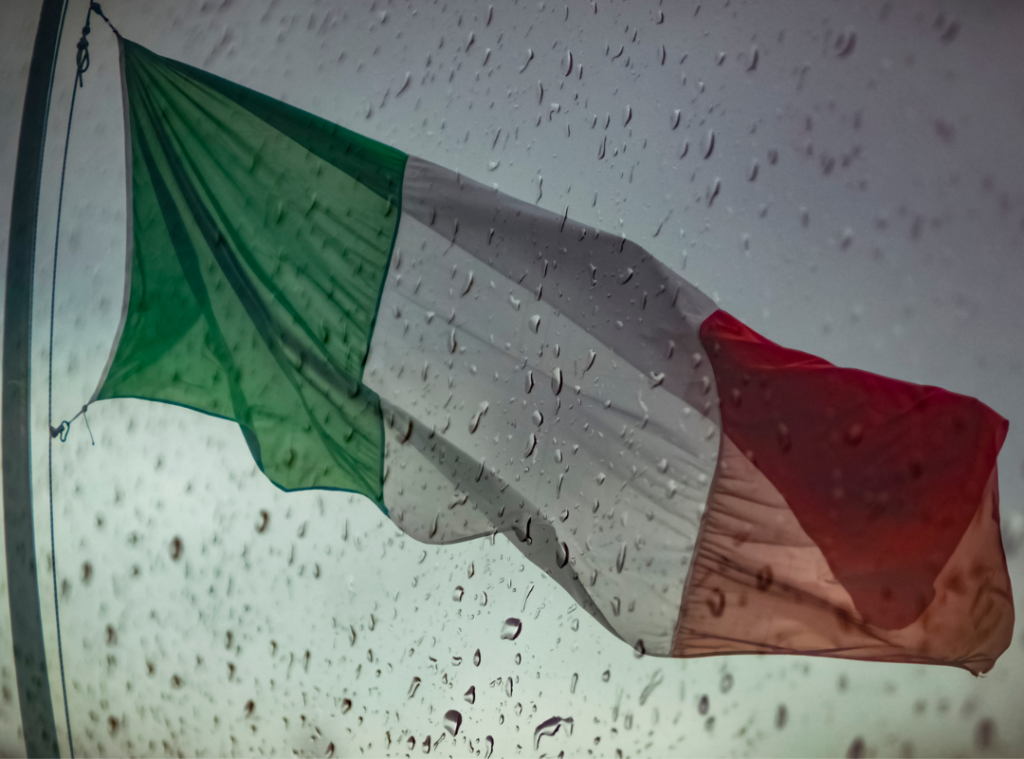In a significant blow to parental rights and non-traditional families, Italy is moving forward with a proposed law that would criminalize the act of pursuing surrogate parenthood abroad by its citizens. The bill, which has ignited passionate debate within the Italian Parliament and the public, has been criticized for overlooking the rights and well-being of children born through surrogacy.
This controversial legislation is an extension of a 2004 law that already prohibits surrogacy within Italy. However, the new proposal takes a step further, imposing hefty penalties for those who seek to grow their families via surrogacy in countries where it is legal. Italian citizens who engage a surrogate mother in another country could face up to three years in prison and fines of up to 1 million euros ($1.15 million).
Lawmaker Maurizo Lupi, who is advocating for the bill, states that the move is to stop “the sale of children” and the “commercialization of the body.” However, critics argue that the law ignores the complexities surrounding surrogacy and the rights of the children involved.
While the proposed legislation applies equally to same-sex and opposite-sex couples, opponents argue that it is yet another measure designed to penalize what the government deems “non-traditional” families. Alessandro Zan, an openly gay lawmaker, has termed the legislation as a “heavy attack on ‘rainbow’ families and the LGBT community.”
The issue of surrogacy is further compounded by Italy’s stance on same-sex marriages, which are currently banned. LGBTQ+ couples have long been struggling to obtain parental rights for the non-biological parent of their children, with the ability to make medical decisions or even pick a child up from school often becoming a legal hurdle.
A ruling last year that non-biological parents cannot automatically be listed on their children’s birth records only further highlighted the difficulties such families face. Instead, these parents are forced to petition for adoption, a long and arduous legal process that can put significant emotional and financial strain on families.
In a recent move that shook the community, the prosecutors’ office in the northern city of Padua ordered non-biological parents to be removed from the birth certificates of 33 children registered since 2017. With this change, the children also lost the legal right to use their non-biological parent’s surname.
Chiara Appendino, a lawmaker who has previously registered non-biological parents on birth certificates when serving as mayor of Turin, tweeted about the issue, stating that while the government focuses on “absurd universal crimes.” She emphasized that the consequences are borne by the children.
As Italy continues its parliamentary debates around this divisive issue, one fact remains inescapable – the children at the heart of this debate are the ones most affected by these restrictive laws. While it is essential to regulate surrogacy to prevent potential exploitation, the rights and interests of the children born through these arrangements must also be given paramount importance.


